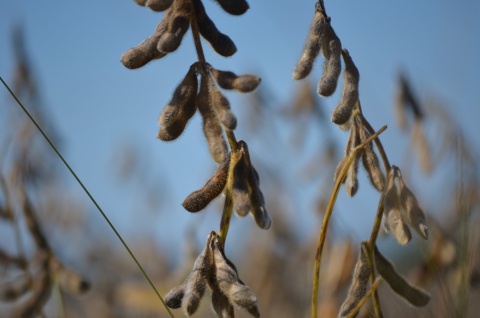- Location
- Owaka, New Zealand
Wait til you get onto feeding cow pies to pigs....Here mrs house wife please buy this beef it was fed on insects ! It’s very niceoh mr farmer I think i will go vegan you desperate barsteward .
the thing is it's a bloody good feed for them because the cow breaks down the cellulose for the pig to digest, which it would otherwise struggle to do.
Which is probably why they come out of the bush at this time of the year to dig for grassgrubs and worms, and eat cowpats - and it's why wild pork tastes so good






